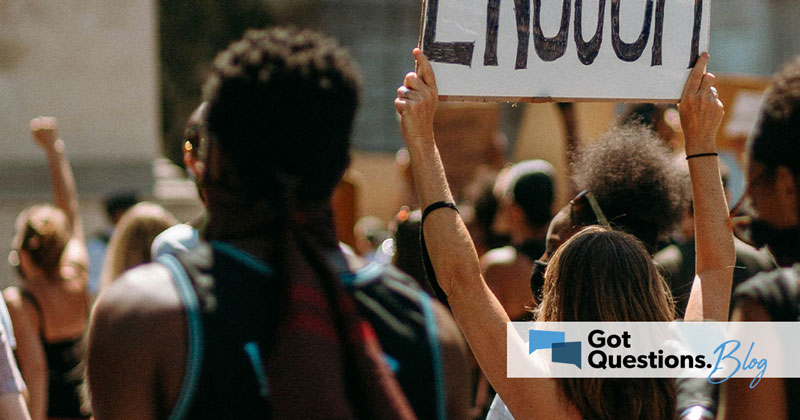
What can we learn from college protests?
In April 2024, protests over the Israel-Gaza conflict erupted at numerous college/university campuses in the United States and around the world. The protests have been overwhelmingly pro-Gaza and anti-Israel. College protests, though, are nothing new (see Ecclesiastes 1:9). So, while the 2024 college protests over Gaza may be the motivation for this post, I am primarily going to address college protests in general.
To be entirely honest, my first reaction is “why should anyone care about what college students think about world affairs?” This article by the Babylon Bee accurately represents my initial reaction: Israel Withdraws From Gaza After Learning Of Protest By 19-Year-Old Fine Arts Major Roxy Barnett.
University students are very often terribly informed about world events. College students tend to get trapped in their own echo chambers. Universities often do an extremely poor job of educating their students on both sides of controversial issues. People in their late teens and early 20s rarely have the necessary life experience that enables them to fully examine a situation before jumping to conclusions. University students frequently have an elevated view of themselves, their importance, and the value of their opinions.
Please also note that all of the above can be true about anyone of any age and level of education. In no sense are these issues limited to college students.
What we are seeing on university campuses is an indictment on our society as a whole, our inability to reason, our desire to live in echo chambers, our tendency to lash out emotionally without having all the facts.
With that said, I want to also spend some time on some positive things we can learn from college protests and the college students involved in them.
• When they see injustice, even if that injustice is being perceived through warped lenses, they seek to do something about it, even if it costs them.
• They speak up. They get loud. They stand up for their convictions.
• They catch people’s attention. If nothing else, they cause other people to wonder what is going on and why.
• Their actions result in positive change. Even if the core attitude behind the protests is flawed, protests almost always point to something that truly needs to be changed.
So, when you see college protests, don’t make the same mistakes college students often do. Instead, examine the issue with an open mind, thoroughly research both sides of the issue, speak to people on both sides of the issue, and then make a more fully-informed decision on what you think about the issue and what, if anything, you can do to contribute to positive change.
Psalm 37:5-6, “Commit your way to the LORD; trust in him and he will do this: He will make your righteousness shine like the dawn, the justice of your cause like the noonday sun.”
Colossians 4:6, “Let your speech always be gracious, seasoned with salt, so that you may know how you ought to answer each person.”
Proverbs 18:17, “The one who states his case first seems right, until the other comes and examines him.”
S. Michael Houdmann
GotQuestions.blog homepage
What can we learn from college protests?